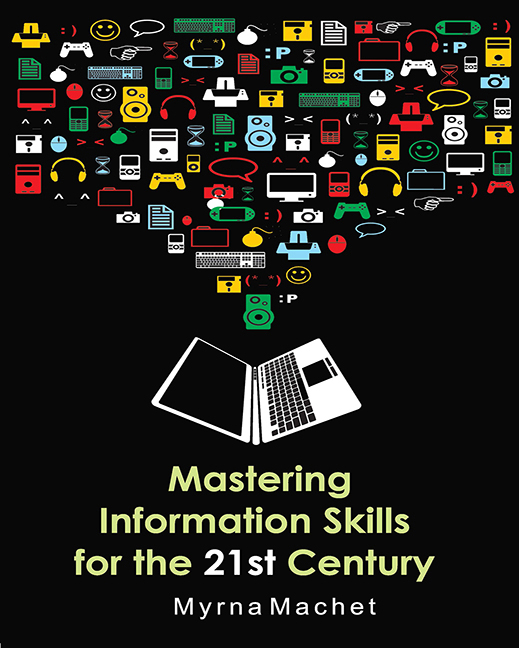3 - Reference Sources
Published online by Cambridge University Press: 28 February 2020
Summary
Introduction
In this chapter we will discuss different types of reference sources. The best known types of reference sources are dictionaries, encyclopaedias, directories, almanacs, yearbooks and atlases. These sources are arranged so that you can access them easily and find factual information quickly. Bibliographies, indexing and abstract journals are also reference sources but as these serve a different purpose (they refer one to information sources) we discuss them separately in Chapter 5.
As pointed out in the previous chapter, when you go to a library you will usually find that the reference sources are housed in a separate collection. They may sometimes be shelved with the other information sources, but the prefix REF, or perhaps just R, is usually included in the call numbers of reference sources so that you can clearly distinguish them from other information sources. If you look up a subject in the library catalogue and some of the sources you find have call numbers which include the letters REF or R before the classification notation, you will know that these are probably arranged separately in the reference section of the library and can only be consulted in the library.
Reference sources used to be available only in book or printed form but many of these reference sources are now also available in electronic form (for example CD-ROM or online on the Internet). Some of these are available to you free on the Internet but for most reputable reference works you need to be a subscriber in order to consult them.
You can consult different types of reference sources to find different kinds of information. We will look at some of these types of reference sources so that you have a better idea of where to find the information you need.
Dictionaries
We are all familiar with language dictionaries, but there are various other kinds of dictionaries. There are, for example, subject dictionaries and biographical dictionaries too. Language dictionaries and subject dictionaries are good sources to consult when you start an information task such as an assignment. You can ensure that you understand the terminology used in the assignment topic and in the books that you consult. Dictionaries may also be consulted to check the spelling and pronunciation of difficult words. Let's look at some of the types of dictionary in more detail.
- Type
- Chapter
- Information
- Mastering Information Skills for the 21st Century , pp. 35 - 49Publisher: University of South AfricaPrint publication year: 2012

